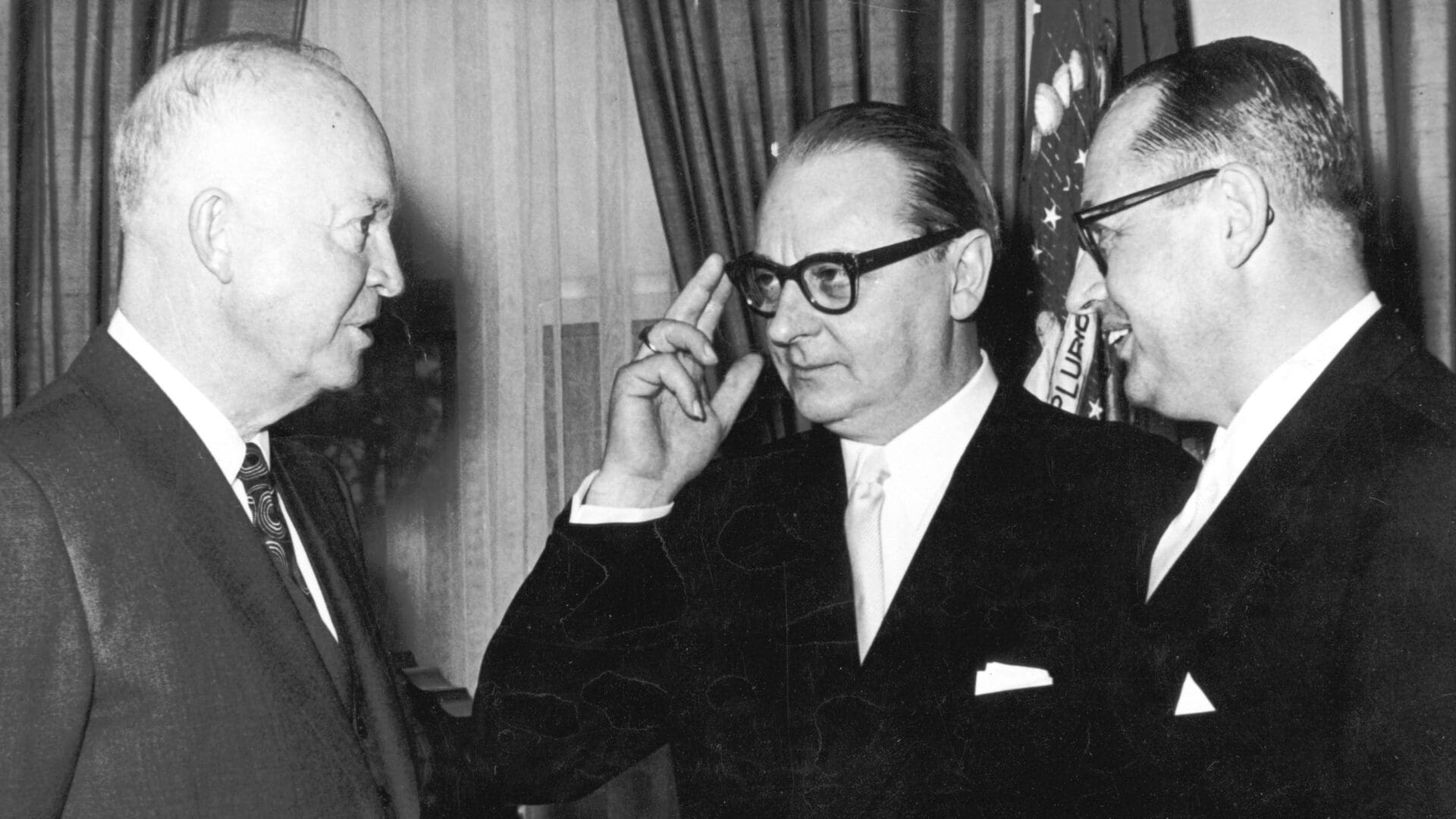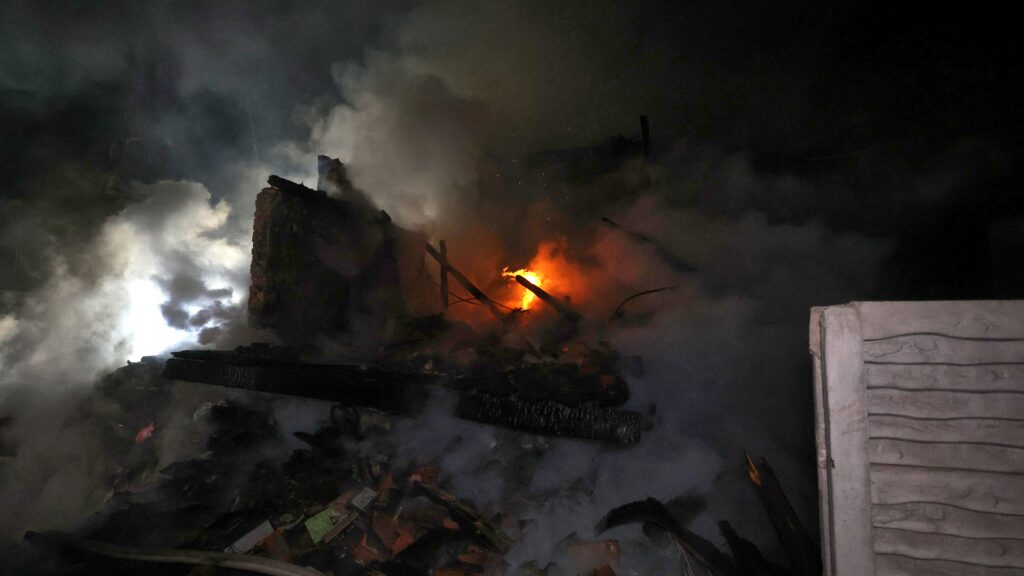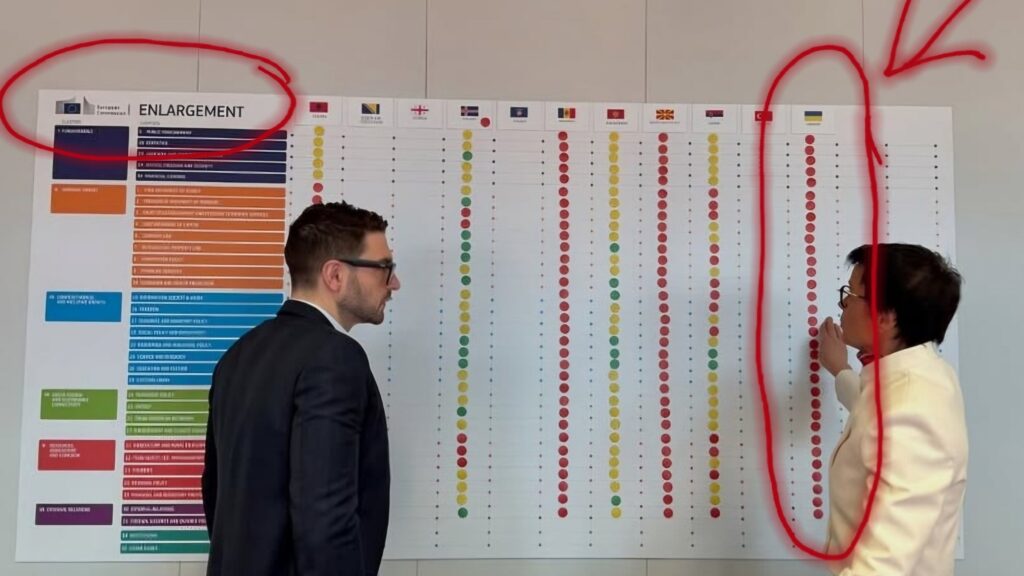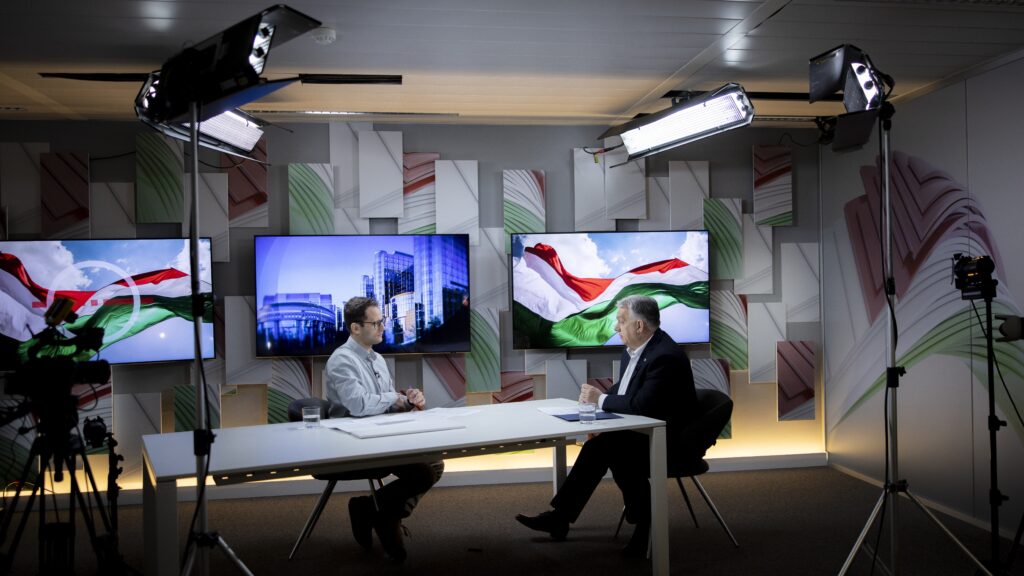In compliance with Ukrainian President Volodymyr Zelensky, last week the United States and Germany and other allies of Ukraine, in a move that was unthinkable months ago, pledged to send dozens of modern tanks to the front line against Russia. The mobile armoured weapons are reportedly more advanced and more lethal than those possessed by Russian forces. In addition, the Pentagon announced that it will keep several thousand troops it had deployed last year to a NATO base in southeast Romania—just a seven-minute rocket flight across the Black Sea from where Russian forces have settled in Crimea—for at least nine more months. Such military build-up risks further provoking a nuclear power like Russia to a point where the effects can be globally catastrophic.
The Russian Embassy in Berlin called the (US and) Germany’s decision ‘extremely dangerous’ and said it ‘takes the conflict to a new level of confrontation.’
In an online statement, the embassy said the move ‘contradicts the statements of German politicians about the unwillingness of the FRG [Federal Republic of Germany] to be drawn into it [the war]. Unfortunately, this happens over and over again.’
The embassy also stipulated that Germany’s recent arms provisions to Ukraine proves that the Germans and its closest allies were never ‘interested in a diplomatic solution to the Ukrainian crisis’, but were ‘set up for its permanent escalation and unlimited pumping of the Kyiv regime with more and more deadly weapons.”
This military build-up or emphasis on ‘military-industrial complex’ (MIC)—a concept describing the conjunction of the military establishment and the arms industry—is what President Dwight D. Eisenhower, in his farewell address on 17 January 1961, described as follows:
‘A vital element in keeping the peace is our military establishment. Our arms must be might, ready for instant action, so that no potential aggressor may be tempted to risk his own destruction…American makers of plowshares could, with time and as required, make swords as well. But now we can no longer risk emergency improvisation of national defense; we have been compelled to create a permanent armaments industry of vast proportions…This conjunction of an immense military establishment and a large arms industry is new in the American experience…Yet we must not fail to comprehend its grave implications…In the councils of government, we must guard against the acquisition of unwarranted influence, whether sought or unsought, by the military-industrial complex. The potential for the disastrous rise of misplaced power exists and will persist.’
MIC: Another Type of Militarism
As president of the US for two terms, the former commanding five-star general of the allied forces during the Second World War had slowed the push for increased defence spending despite pressure to build more military equipment during the Cold War’s arms race. While the American military services and the defence industry had expanded under his administration in the 1950s in order to counteract the Soviet Union, military expansion, he feared, would threaten democracy.
Eisenhower was just the opposite of a pacifist. Nevertheless, his admonition against MIC, which is a type of militarism—the belief or the desire of a government or a people that a state should maintain a strong military capability and to use it aggressively to expand national interests and/or values—has not been heeded.
Since the days of Eisenhower, the world has witnessed endless wars such as in Vietnam, Iraq, Afghanistan, Yemen, and so on, not to mention that the leader of the free world now oversees eight hundred military bases throughout the world. Last year the US had its largest annual defence budget of $778 billion—following in second place was China, spending $252 billion. The US also leads the world in offensive wars or military interventions.
President Joe Biden has exploited the war in Ukraine whereby he comes off as a used car salesmen pitching for the construction and sales of weapons. Indeed, wherever he travels abroad he tends to advance his alliance-building diplomacy via the MIC.
The debate here is not one of having a strong military, which, to borrow President Woodrow Wilson’s famous phrase, is necessary to make ‘the world safe for democracy’. Rather, it is how military expenditure, or militarism, becomes an end in itself or that of the body politic which operates the MIC, which primarily consists in:
- large or growing military expenditure as a share of the national economy;
- military bases and installations in other countries, which indicate imperialism and neo-colonialism;
- formation of or membership in a military alliance.
Democratic governance established under leadership of the US military during the reconstruction of Europe after World War II with the Marshall Plan provided security, as well as a platform for the social and economic development of Germany and Japan in particular. The same military, economic, and social campaign is needed to foster stable future partners if Communist China’s ever-growing global influence is going to be mitigated. The same can still be done to offset Russia. However, America’s exclusive emphasis on the military industrial-complex, which is exactly what Russian President Vladimir Putin has been doing for decades, will not make the world a safer place. Eisenhower, who was also a learner of history understood that the European states could have avoided both world wars. Yet fighting became inevitable in the First World War due to imperatives of war preparation over those of war avoidance. The end result was a scramble of what used to be the Austrian-Hungarian Empire, which inadvertently led to the Second World War. Because of European leaders’ appeasement to Adolf Hitler’s militarism, the world was at war just over thirty years after the conclusion of the first one. What happened twice has happened can happened once more, this time between nuclear powers.








